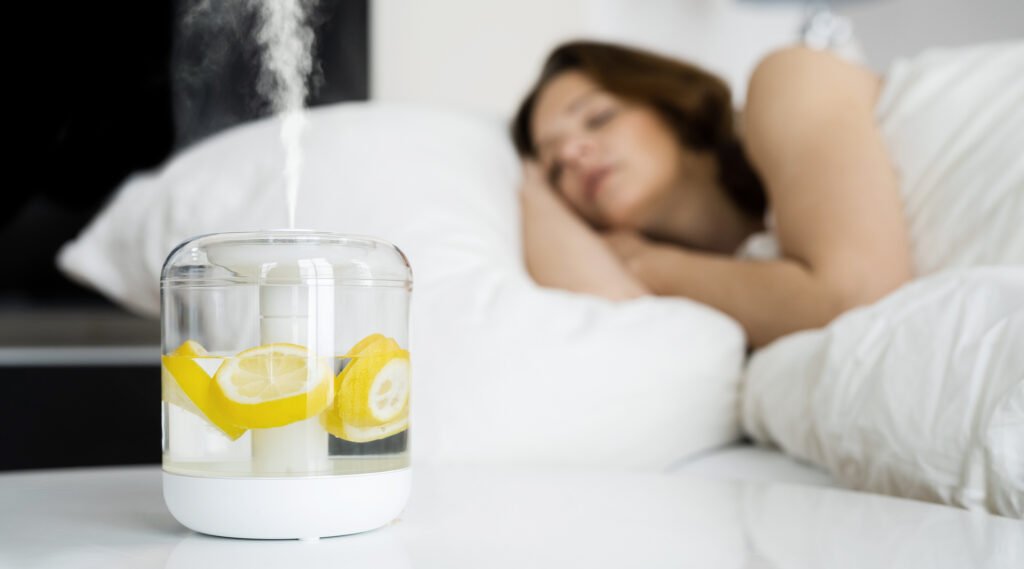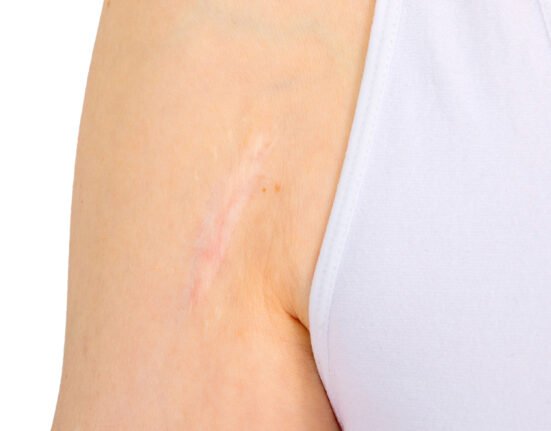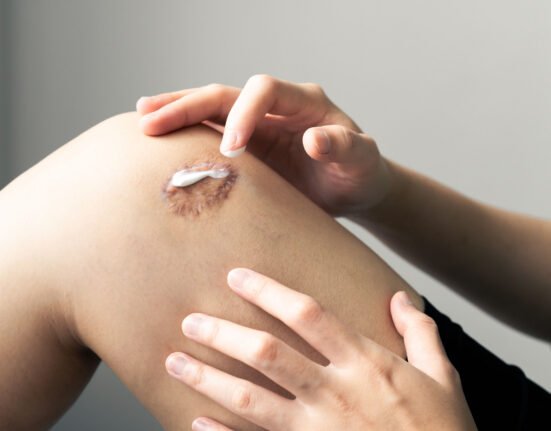You’ve cleaned the wound, covered it properly, and taken care of it regularly. But why hasn’t it healed yet?
The problem might not lie in the medication or wound care routine. The real issue could be … your sleep.
Read more: https://gwswellness.com/health/can-a-good-nights-sleep-make-your-skin-glow/
We all know that getting a good night’s sleep is essential. However, what is often overlooked is the profound impact of sleep on overall health, particularly when the body is in the process of healing.
Sleep isn’t just about resting after a long day. While you sleep, your body enters a state of repair, repairing damaged tissues, boosting the immune system, and replenishing energy.
That’s why getting enough quality sleep is crucial, especially when you’re sick or recovering from an injury.
To truly heal, your body needs time to repair itself. And that time happens during sleep. Depending on the individual’s condition, most people require approximately 7 to 8 hours of sleep per night.
But if you’re recovering from a serious injury or infection, your body may need even more, up to 9–10 hours.
So, if you’re struggling with a wound that won’t heal, don’t underestimate the power of sleep. Getting enough rest for your body might be the simplest, yet most effective, step toward faster recovery.
Sleep and Wound Healing
During sleep—profound sleep—your body produces human growth hormone (HGH). This hormone helps repair tissues, build collagen, and form new blood vessels. All of these are critical for proper wound closure and recovery.
Sleep also helps reduce cortisol, the primary hormone associated with stress. While cortisol plays a role in the healing process, excessive levels can slow it down.
Better Sleep = Stronger Immune System
A good night’s sleep helps your immune system work more effectively. For example:
- White blood cells (like T-cells, macrophages, and NK cells) become more active in fighting infection
- Production of cytokines—proteins that regulate inflammation—increases during sleep
- Systemic inflammation decreases, which is important because chronic inflammation can delay healing
On the other hand, lack of sleep can weaken your immune defenses. This makes wounds more prone to infection and slows down the healing process.
Simple Ways to Support Healing Through Better Sleep

The good news is, you can help your body heal by improving your sleep habits. Here are a few tips:
- Elevate the wounded area slightly while sleeping to reduce swelling
- Take pain medication at the right time so discomfort doesn’t interrupt your rest
- Establish a relaxing bedtime routine, like taking a warm bath, listening to soft music, or using aromatherapy
- Avoid caffeine and screens before bed
Rest Is Part of Wound Care
Many people focus on ointments, dressings, or medications, but forget that sleep is a natural remedy just as important.
So if your wound isn’t healing as expected, don’t be too quick to change your treatment. Try improving your sleep first.
Because healing doesn’t just happen during the day, it happens while you sleep.
References
Human Bio Sciences. Accessed in 2025. Do Wounds Heal Faster When You Sleep? Understanding the Connection.
OWC Center. Accessed in 2025. How Sleep Affects Wound Healing and Recovery
Prime Surgical Suites. Accessed in 2025. Injury Recovery: Why Sleep is So Important














Leave feedback about this